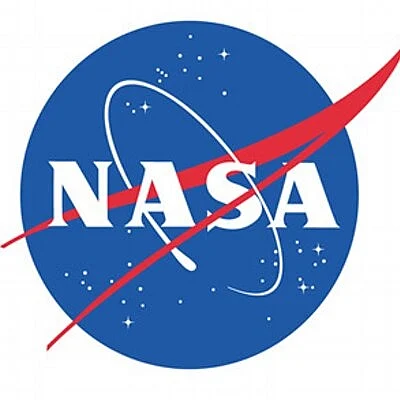Washington, Oct 4 (IANS) NASA's historic mission to solve the mysteries of the Sun has successfully completed its flyby of Venus, the US space agency said.
"On October 3, Parker Solar Probe successfully completed its flyby of Venus at a distance of about 1,500 miles during the first Venus gravity assist of the mission," NASA said in a statement late on Wednesday.
"These gravity assists will help the spacecraft tighten its orbit closer and closer to the Sun over the course of the mission," it added.
Launched on August 12, Parker Solar Probe, NASA's historic small car-sized probe will journey steadily closer to the Sun, until it makes its closest approach at 3.8 million miles.
Throughout its mission, the probe will make six more Venus gravity assist and 24 total passes by the Sun.
This manoeuvre will change Parker Solar Probe's trajectory to take the spacecraft closer to the Sun.
The probe expected to surpass a heliocentric speed of 153,454 miles per hour. This is the record for fastest spacecraft measured relative to the Sun, set by Helios 2 in 1976.
These speed and distance estimates could change after Parker Solar Probe performs its Venus gravity assist on October 3.
It is also expected to come within 27 million miles of the Sun. This is the record currently held by Helios 2, set in 1976.
The probe is named after Eugene Parker, a solar physicist, who in 1958 first predicted the existence of the solar wind, a stream of charged particles and magnetic fields that flow continuously from the Sun.
--IANS
rt/mag/vm
(This story was auto-published from a syndicated feed. No part of the story has been edited by The Quint.)
(At The Quint, we question everything. Play an active role in shaping our journalism by becoming a member today.)
